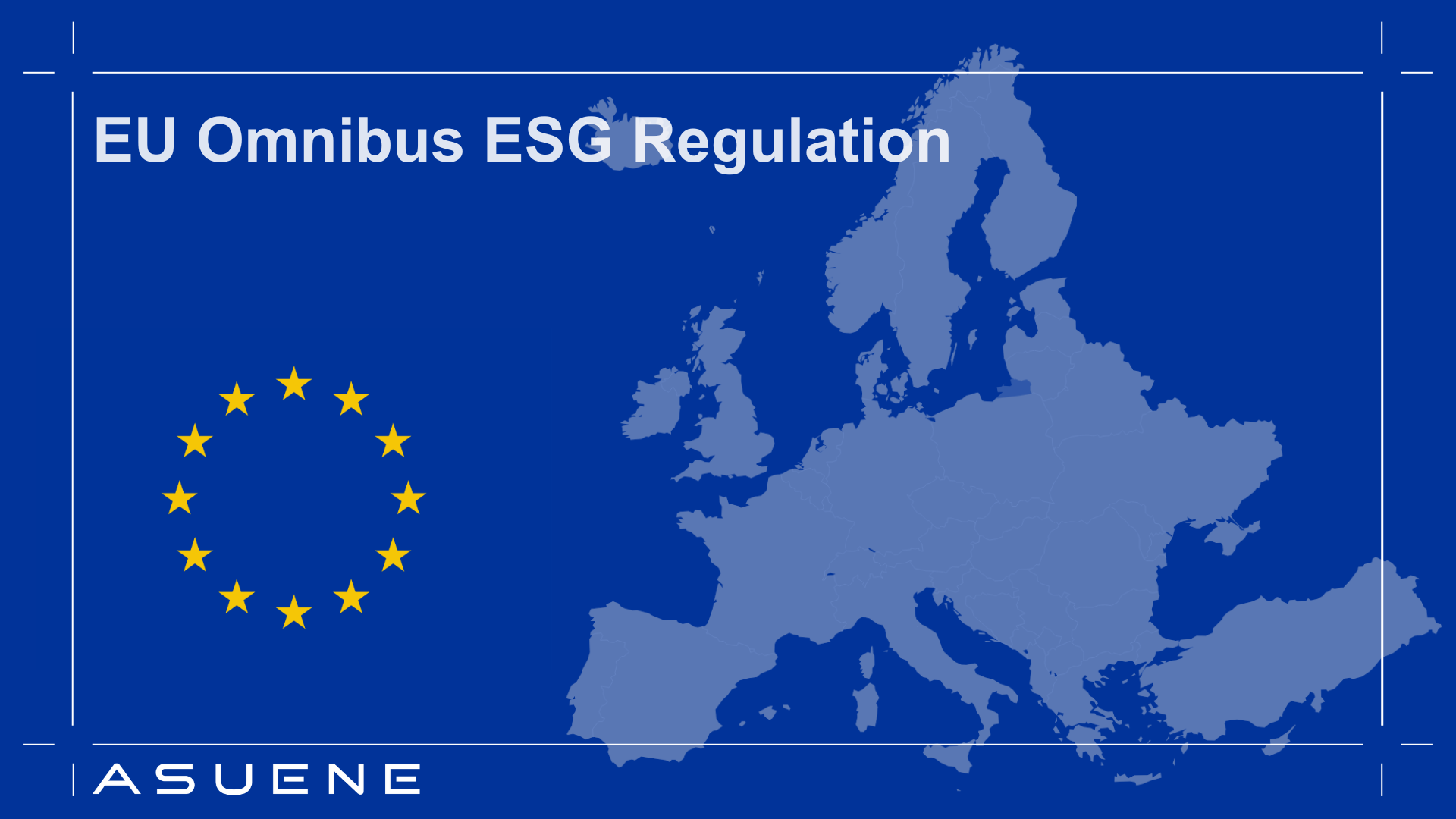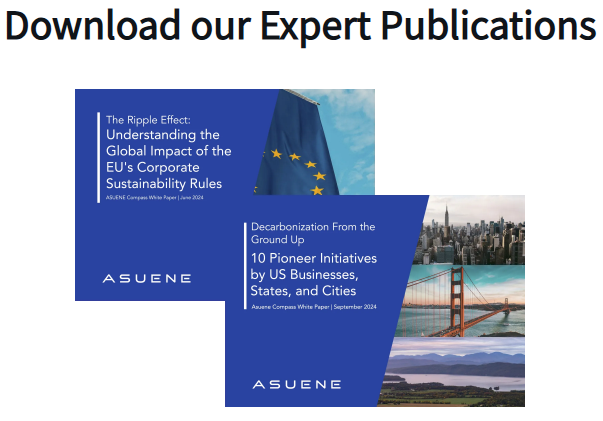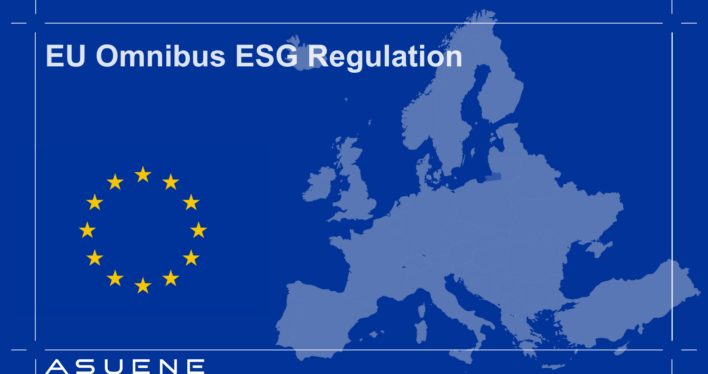- Article Summary
-

Background and Purpose
The EU Omnibus ESG Regulation is a new initiative aimed at streamlining and simplifying sustainability reporting requirements for businesses operating in the European Union. This regulation was announced in November 2024 by European Commission President Ursula von der Leyen as part of a broader effort to enhance the EU’s competitiveness while maintaining robust environmental, social, and governance (ESG) standards.
Key Objectives
- Simplification: To reduce overlapping obligations under various existing directives and regulations by 25%.
- Integration: To combine requirements from the Corporate Sustainability Reporting Directive (CSRD), Corporate Sustainability Due Diligence Directive (CSDDD), and EU Taxonomy Regulation into a single, coherent framework.
- Efficiency: To decrease bureaucracy without compromising the substance of sustainability reporting.
- Competitiveness: To align with the EU’s broader competitiveness agenda, as outlined in the Budapest Declaration and other strategic documents.
Overview of the Regulation
The Omnibus ESG Regulation aims to:
- Consolidate reporting requirements from multiple directives and regulations.
- Maintain the essential elements of existing frameworks while reducing administrative burden.
- Promote consistency across EU member states to ensure fair and effective compliance.
- Support the EU’s goal of reducing reporting requirements by 25% by mid-2025, as stated in the Budapest Declaration.
Key Components
The regulation is expected to integrate aspects of:
- Corporate Sustainability Reporting Directive (CSRD)
- Corporate Sustainability Due Diligence Directive (CSDDD)
- EU Taxonomy Regulation
Timeline and Implementation
- Announcement: November 2024
- Expected Publication: 2025
- Implementation: To be determined, likely phased approach following publication
Impact on Businesses
- Reduced administrative burden through streamlined reporting requirements.
- Potential cost savings from simplified compliance processes.
- Need for businesses to adapt to the new integrated framework.
- Improved consistency in sustainability reporting across the EU market.
Role of EFRAG
The European Financial Reporting Advisory Group (EFRAG) is expected to play a crucial role in shaping the landscape of EU sustainability reporting by:
- Clarifying reporting complexities
- Supporting SMEs in their reporting efforts
- Harmonizing global standards
- Driving innovation through technology
- Taking a forward-looking approach to sustainability reporting
Conclusion
The EU Omnibus ESG Regulation represents a significant step towards more efficient and effective sustainability reporting in the European Union. While simplifying requirements, it aims to maintain the substance of ESG reporting, supporting both business competitiveness and sustainable practices. Companies operating in the EU should prepare to adapt to this new regulatory environment and develop strategies to meet the upcoming integrated reporting framework.

